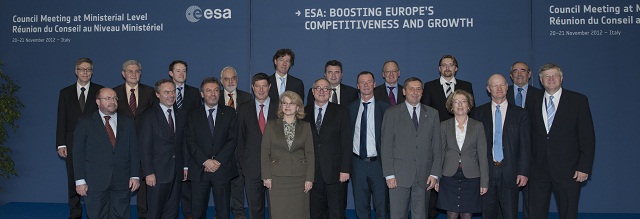Any step forward in Europe involves such painstaking endeavours that even subdued overtures are heralded as a major achievement against the eurocrisis. The agreement reached last week by the Summit on ways to enhance EMU governance stands as a striking example.
Fiscal compact will be further reinforced by binding commitments on budgetary balance and structural reforms. Good behaving partners would benefit from some sort of financial help yet to be defined, should they face external shocks shaking their economies.
But the proposal to set up a common fiscal capacity was definitely shelved, together with any hope of financial burden sharing mechanisms, like Euro bonds. So, countries confronted with large divergence gaps will have to undertake a demanding homework on their own. An unpalatable prospect for those, such as Spain, that struggle to escape from a vicious circle of recession and acute budgetary imbalances.
Growth in the EMU enhancement proposal deliberately fades into oblivion. It is meant to be propelled by structural reforms delivering an increased competitiveness. True enough, Europe is in desperate need to redress its appalling record on economic performance if it aims to avoid lagging behind. Yet, real adjustment might take too many years before ensuring fair convergence and anchoring a solid recovery.
No growth is to be expected so long macro-economic policy only targets stability and fiscal restraint. The more so when Europe faces a looming sharp downturn that will inevitably turn into renewed budgetary stress. In the absence of any common demand management strategy, a harsher adjustment than warranted will fall on ailing partners.
That’s the price to pay for an asymmetric scheme that fails to impose any discipline on those, like Germany, equipped with comfortable margins of manoeuvre for increasing their domestic demand.
Just compare this lukewarm EMU stance with the FED bold decision to keep interest rates at historically low levels so long unemployment runs beyond 6.5%, further bolstering the QE in addition. While Euroland engages in a slow motion process, seeking to underpin stability even at the price of choking off recovery, the US doesn’t hesitate in implementing the opposite policy. If you sacrifice growth when confronted with dire prospects you are bound to find yourself trapped in an intractable mess.






Be the first to comment on "Euroland’s inability to deliver growth"